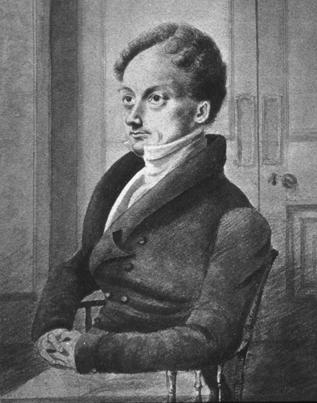Liberty Matters
Auto-Icon: Making the Greatest Happiness Principle Incentive-Compatible?

Jeremy Bentham’s Auto-Icon (1832) scheme -- mummify the dead and put them on public display -- has been subject to undue neglect by the economics literature. (David Levy is one particularly notable exception[92].) Indeed, the usual response from an economist learning of Bentham’s proposal for the first time is one of somewhat amused incredulity (to put it mildly): how could Bentham possibly have been serious? Levy, however, suggests that we ought to read Auto-Icon as a paradigmatic exercise in the economics of fame. Reading Auto-Icon as such, however, one can quite readily make the link between Bentham’s scheme and the Mill-Macaulay debate: the judgment provided by posterity can serve to markedly lengthen the time-horizon over which an individual optimizes. Though opportunistic conduct (defection) proves the dominant strategy – supposing, of course, that payoffs are linked to monetary income alone – in any one-shot Prisoner’s Dilemma-type situation, when we allow the relevant payoffs to be represented by a vector of both money income and approbation, cooperation might prove optimal. Indeed, the potential receipt of disapprobation in all future periods (for a repeated game) might serve to induce cooperation in the present. For one thing, any act of political knavery at T0 might well earn one’s Auto-Icon a potentially lengthy stay (T1 through to T∞) in Bentham’s envisaged Temple of Shame at T1 (the date of one’s death). Thus, Bentham’s Auto-Icon plan provides something of a utilitarian substitute for the Christian afterlife (a payoff, upon which Macaulay, of course, had placed such weight).[93]
As Bentham himself put it, “out of Auto-Icons, a selection might be made for the Temple of Fame.… Sometimes for honour, sometimes for reproach, will Auto-Icons be preserved. Not many years ago, the heads of so-called traitors presided over the gate of Temple Bar.”[94] Public opinion – the potential receipt of positive approbation – could therefore provide adequate inducement to good behavior:
There would be pilgrimages to Auto-Icons, who had been living benefactors of the human race.… The Auto-Icons of the virtuous in their silence would be eloquent preachers. “Go thou and do likewise,” would be the lessons they would teach.… What will be said of my Auto-Icon hereafter? The good report obtained by good conduct will attach to the man after death.… [H]e must anticipate the judgement of his fellow men.[95]
Alas, Bentham seemingly ignored the possibility that failure might arise in the market for future fame, providing no especially persuasive reason why the Greatest Happiness Principle – rather than some alternative moral code – would prove a focal point upon which public opinion could readily coordinate.[96]
Endnotes
[92.] David M. Levy, The Economic Ideas of Ordinary People (London: Routledge, 1992), pp. 164-65.
[93.] One of Perronet-Thompson’s responses to Macaulay also placed much weight on fame and shame: “The true check on bad administrations, is in setting before them the risk of present ruin, and of future if not present disgrace. Will the reputation of the conductors of the American and anti-revolutionary wars, be any prize in a lottery a century hence?” (T. Perronet Thompson, “‘Edinburgh Review and the ‘Greatest Happiness’ Principle’,” s reprinted in Utilitarian Logic and Politics, edited by Jack Lively and John Rees (Oxford: Clarendon Press, 1978): 240.
[94.] Jeremy Bentham, “Auto-Icon, or, Farther Uses of the Dead to the Living,” unpublished, 1832, p. 7.
[95.] Ibid.
[96.] Thomas C. Schelling, The Strategy of Conflict (Cambridge, Mass.: Harvard University Press, 1960). As is well-known, J. S. Mill worried a great deal about the potential downside associated with approbational enforcement mechanisms. Mill worried over the possibility for approbational “lock-in”: the possibility that public opinion might coordinate upon a highly suboptimal set of social norms.
Copyright and Fair Use Statement
“Liberty Matters” is the copyright of Liberty Fund, Inc. This material is put on line to further the educational goals of Liberty Fund, Inc. These essays and responses may be quoted and otherwise used under “fair use” provisions for educational and academic purposes. To reprint these essays in course booklets requires the prior permission of Liberty Fund, Inc. Please contact oll@libertyfund.org if you have any questions.